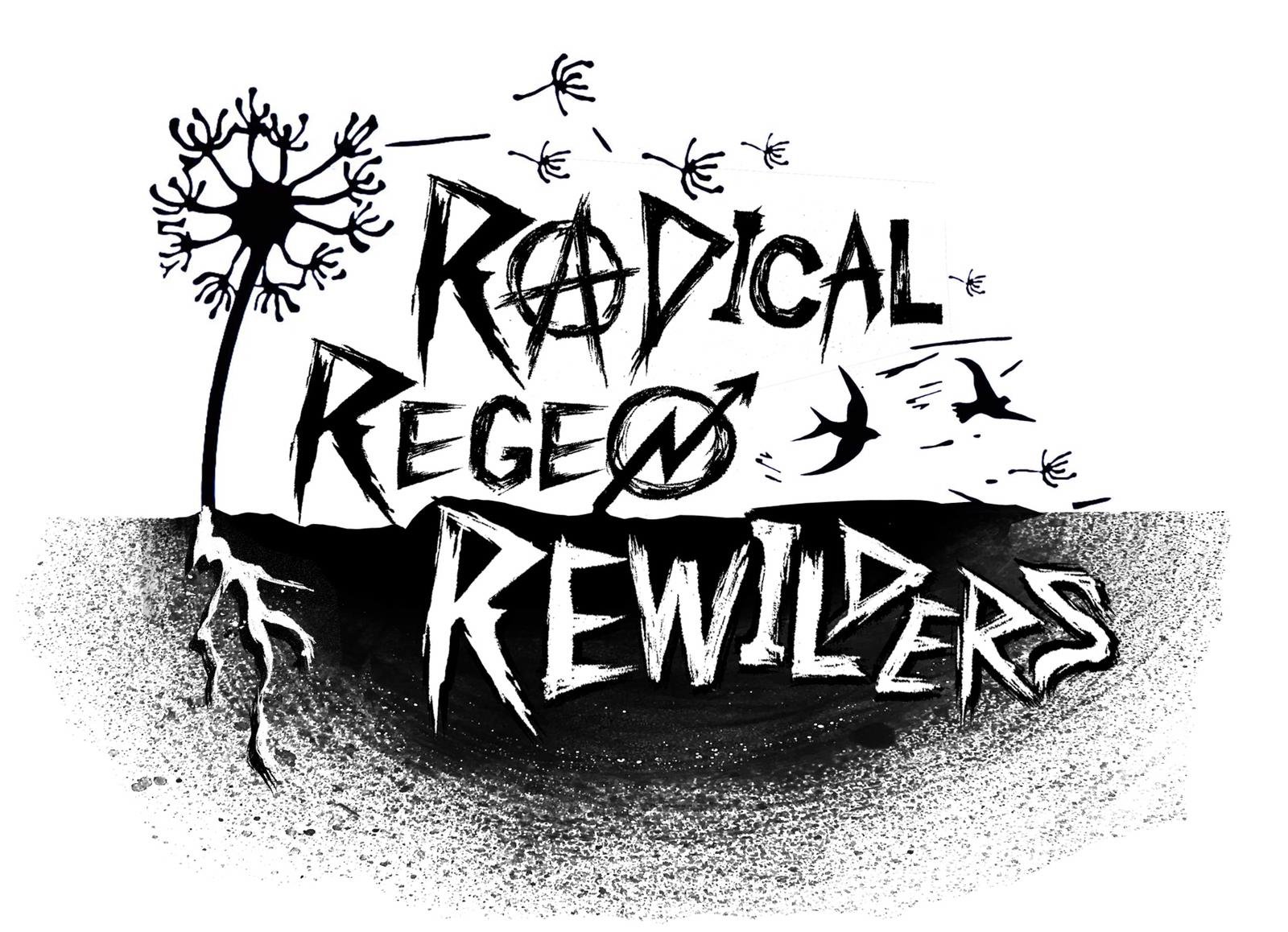Teaching Traditional Handicrafts
Traditional Handicrafts are part of our cultural heritage, in years gone by skills were practiced and honed over a lifetime and passed on to younger generations in the form of dedicated apprenticeships. Often an apprentice would live with a mentor for many years helping and learning and hoping to one day become such a mater craftsperson.
These crafts were not just a skill, but a livelihood - often local, natural resources were used to create beautiful products which were used, sold or traded, and often treasured because of the time and effort that had gone into the production. People looked after things and tried not to be wasteful.
Even just a generation ago skills crafts were valued highly and there is much evidence to show links between practicing handicrafts and improvements in physical and mental health and wellbeing. Even reducing the number visits to the Doctor, reduction in symptoms of dementia, and improvement in depression and anxiety symptoms. When practiced as part of a group, the benefits increase even more.
Sadly in our modern world schools are under ever more pressure to teach knowledge rather than skills and our children are in a mental health crisis spending less time outdoors, and less time in play than ever.
Our heritage crafts are dying out, The Heritage Craft Association keeps lists of endangered crafts, and once they are gone, they will be lost forever.
It is our aim to do our bit in keeping these skills alive, as we believe the time will come when they are valued again, and we can live sustainably in cycle with the earth once again for the benefit of the earth and ourselves.
As well as teaching workshops and regular weekly sessions which support both our participants who are often from disadvantaged groups, and our skilled craftspeople, we are also setting up a vocational qualification in heritage crafts which we hope to develop into a post 16 qualification and eventually an apprenticeship scheme.
See below for more information about each of our crafts and how you can get involved.
Tanning and Skin work
Tanning and skin work make useful products from food systems waste. Tanneries would have been found in every village not so long ago, and we want to see a return to this dying skill.
Green woodwork
We run a range of green woodworking workshops and groups, including our weekly ‘woody wednesdays’ from our home Kensley sheds which is aimed at vulnerable groups.
Find out more about this ancient skill and some of the work of our amazing craftspeople, volunteers and participants here.
Willow weaving and basketry
This is probably the most ancient craft know to us and actually predates skin work, some forms of pottery and woven cloth. Evidence has been discovered in the form of stone carvings from around 20,000bc.
We teach regular workshops around The Forest of Dean, at our craft centre, Kensley Sheds, and further afield at festivals and gatherings…
Ceramics
Pottery is an example of how studying artefacts opens windows into past cultures, from the earliest examples of pottery found in China 20,000 years old, to the Beaker people who inhabited parts of Europe and Britain over 4,500 years ago, we glimps cultures gone by with the invention of the wheel 3,500 years ago, and the the rich history and resources of The Forest of Dean with the invention of blast furnaces in the 16th century.
We teach an introduction to this fascinating skill and offer the opportunity to connect to our ancestors and ancient history.
Metalwork
Blacksmithing is relatively a more recent human invention, working with metal and intense heat - The Forest of Dean has a rich and diverse history because of its resources, in the 1600’s the forest was nearly destroyed to feed the giant blast furnaces, which were later destroyed as part of the reforestation act.
Whitesmithing is the craft of working with tin, copper and other more pliable forms of metal which can be worked cold, there is a strong link with gypsies and travellers ‘tinkerers’ who would travel from farm to farm in rural Britain, doing farm hand jobs and repairing buckets and other metal items before moving on.
We teach a range of workshops such as jewellery making, metal casting, Blacksmithing skills such as making metal pokers. We also support local travelling communities in gaining skills and employment in the area.
Textiles
An important part of our heritage is the processing of natural materials into yarn, by washing, carding, and spinning, then finally Skills such as knitting, crochet and needlework to create environmentally sound clothing and fabrics.
Rekindle youth
We won funding from The Campaign for Rural England to work with youths at risk of exclusion to develop a vocational qualification in Heritage Craft, and Edible Forest Skills. We will be working with 3 secondary schools over 3 years, and eventually creating post 16 qualifications and apprenticeship schemes.






